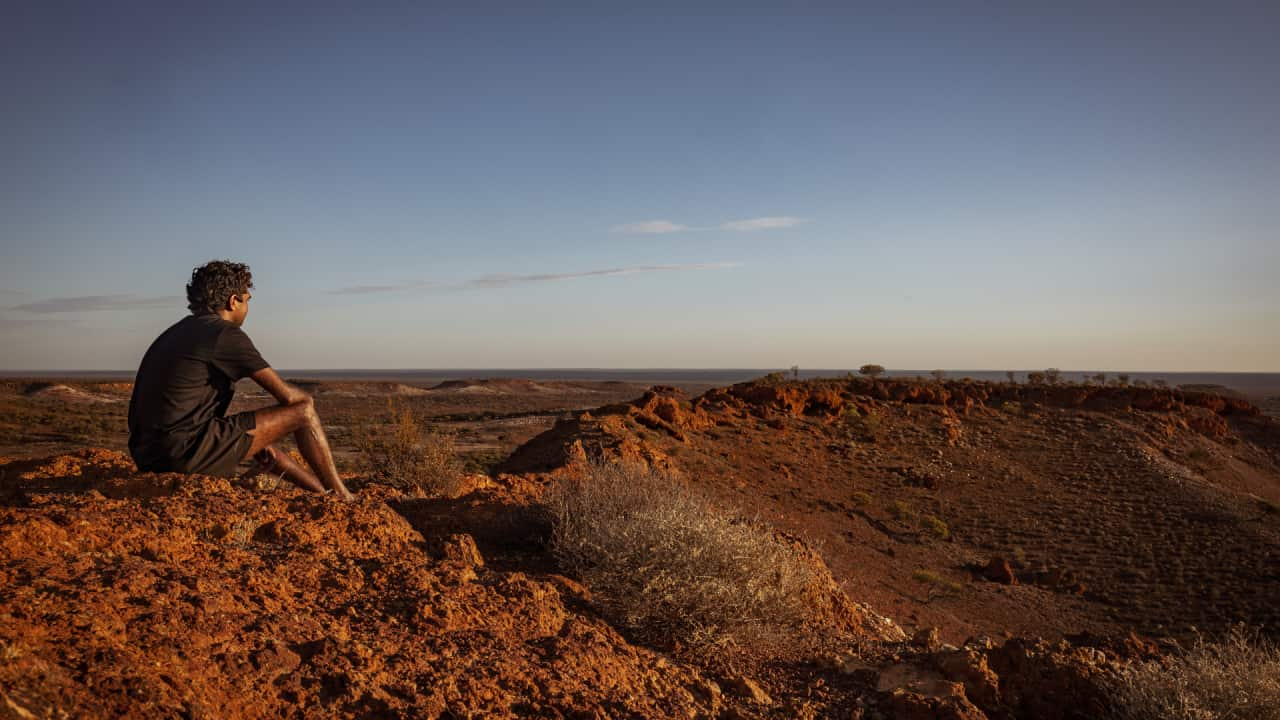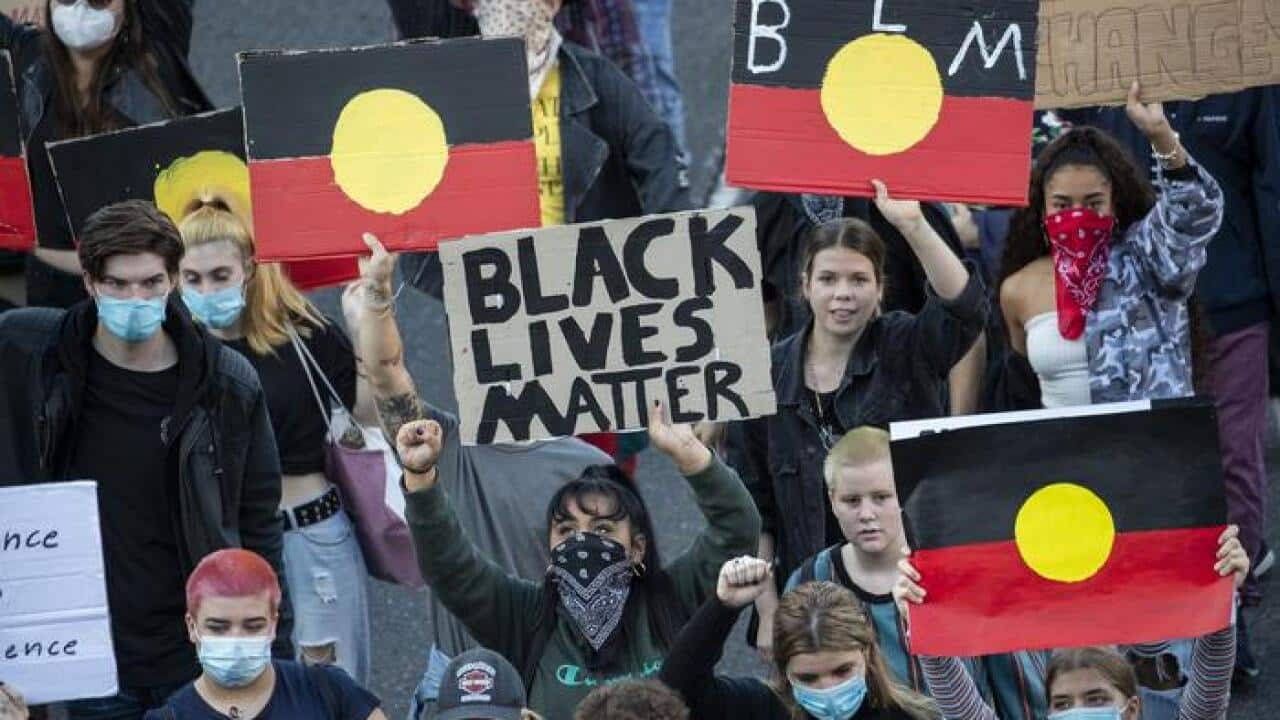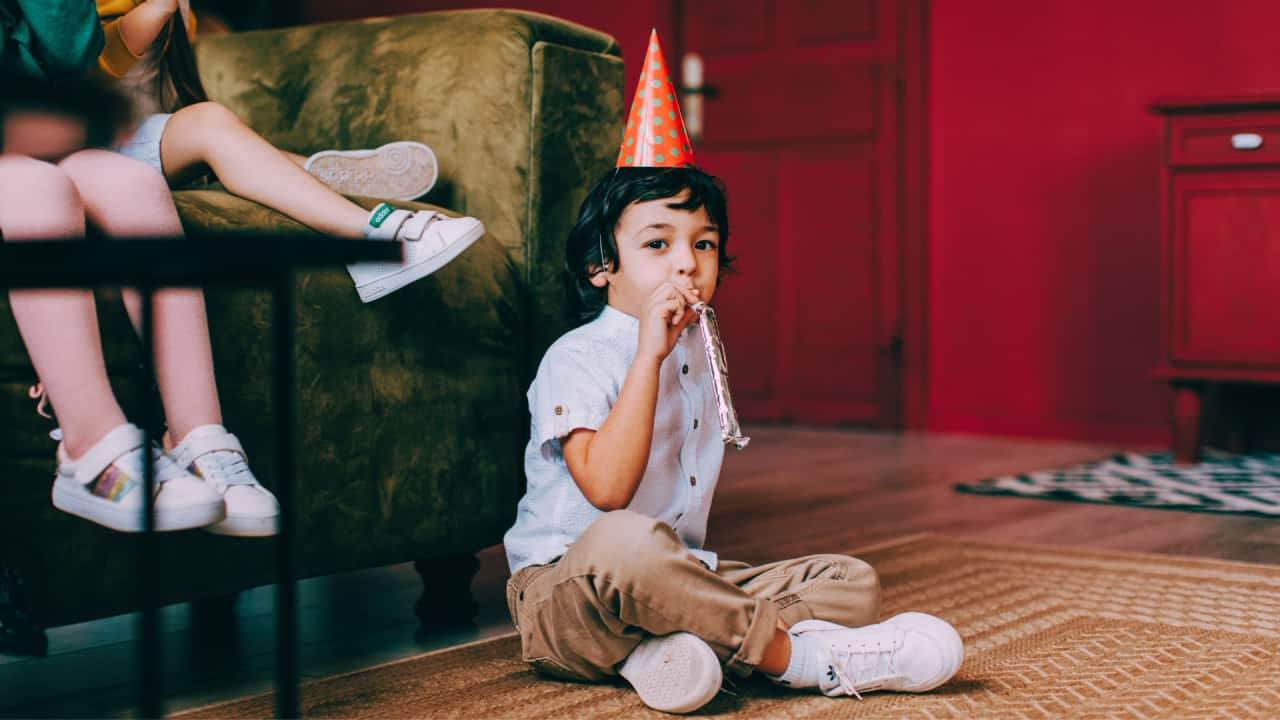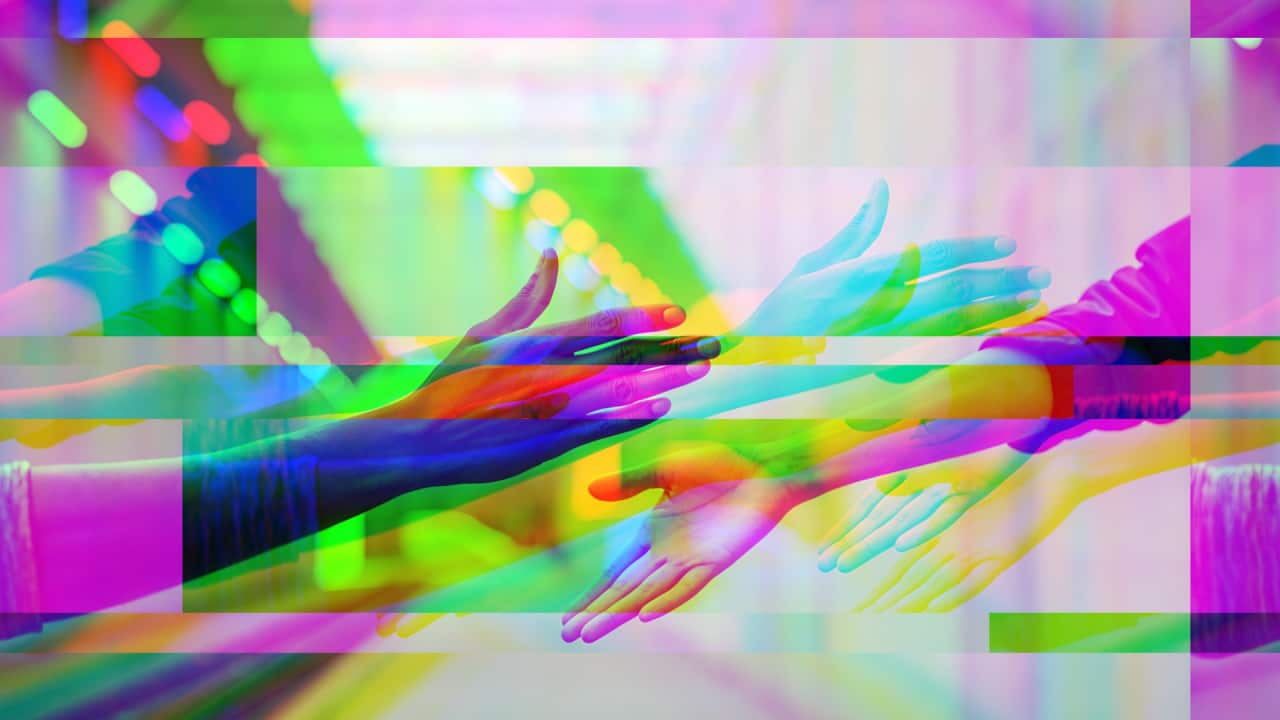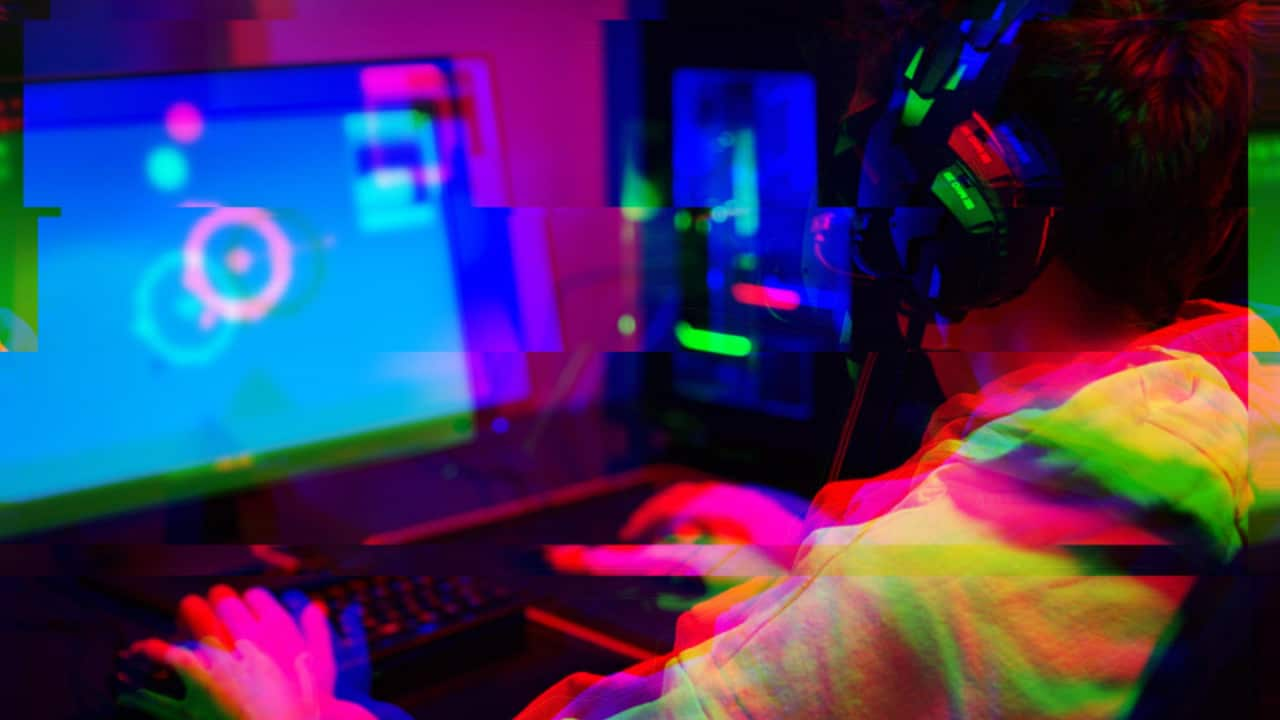نهاد "آشتی آسترالیا" یاReconciliation Australia در ماه جون گزارشی نشر کرد که افزایش ۱۵ درصدی تجربه کردن تبعیض نژادی در میان مردمان بومی را در یک دهه گذشته نشان میدهد.
در این گزارش آمده است که تبعیض نژادی برای مردمان ملل اول این سرزمین، یک واقعیت روزمره است.
کیلی رایان، روانشناس و از نوادگان مردمان گوبی گوبی و جزیرهنشینان جنوبی آسترالیا، میگوید که همهپرسی ناکام صدای بومیان، چالشهای زیادی را برای مردم بومی ایجاد کرد.
او میگوید: «این یک باخت بزرگ بود. به همین دلیل، یک نوع فضای پنهان از خصومت ایجاد شد که مردم به دشواری میتوانستند با آن کنار بیایند. اکثر مردمیکه فرصت و زمان برای سوگواری نداشتند، هنوز درگیر این اندوه هستند.»
تحقیقات نهاد آشتی آسترالیا دریافته است که جوانان و جوامع چندفرهنگی بیشتر از دیگران در فعالیتهای روایت حقیقت و بزرگداشت از فرهنگ بومیان اشتراک میکنند.
جوردن یانگ، یک مرد از مردمان دارامبال، ورکشاپهای را برای معرفی فرهنگ بومیان در مکاتب و محلهای کار برگزار میکند. او اسبیاس اکزامینس گفت که این کار باعث از میان رفتن تصورات منفی درباره بومیان شده است.
ما با تبعیض نژادی و نژادپرستی متولد نشده ایم. این یک کردار اکتسابی است.
«بناءً بسیار مهم است که به این کودکان یک دیدگاه دیگر و یک برداشت تازه از فرهنگ بومی ارائه کنیم.»
در این قسمت سلسله پادکست "شناخت و درک نفرت" از اسبیاس اکزامینس به بررسی افزایش تبعیض نژادی علیه مردمان بومی آسترالیا و راههای مبارزه با آن میپردازیم.
